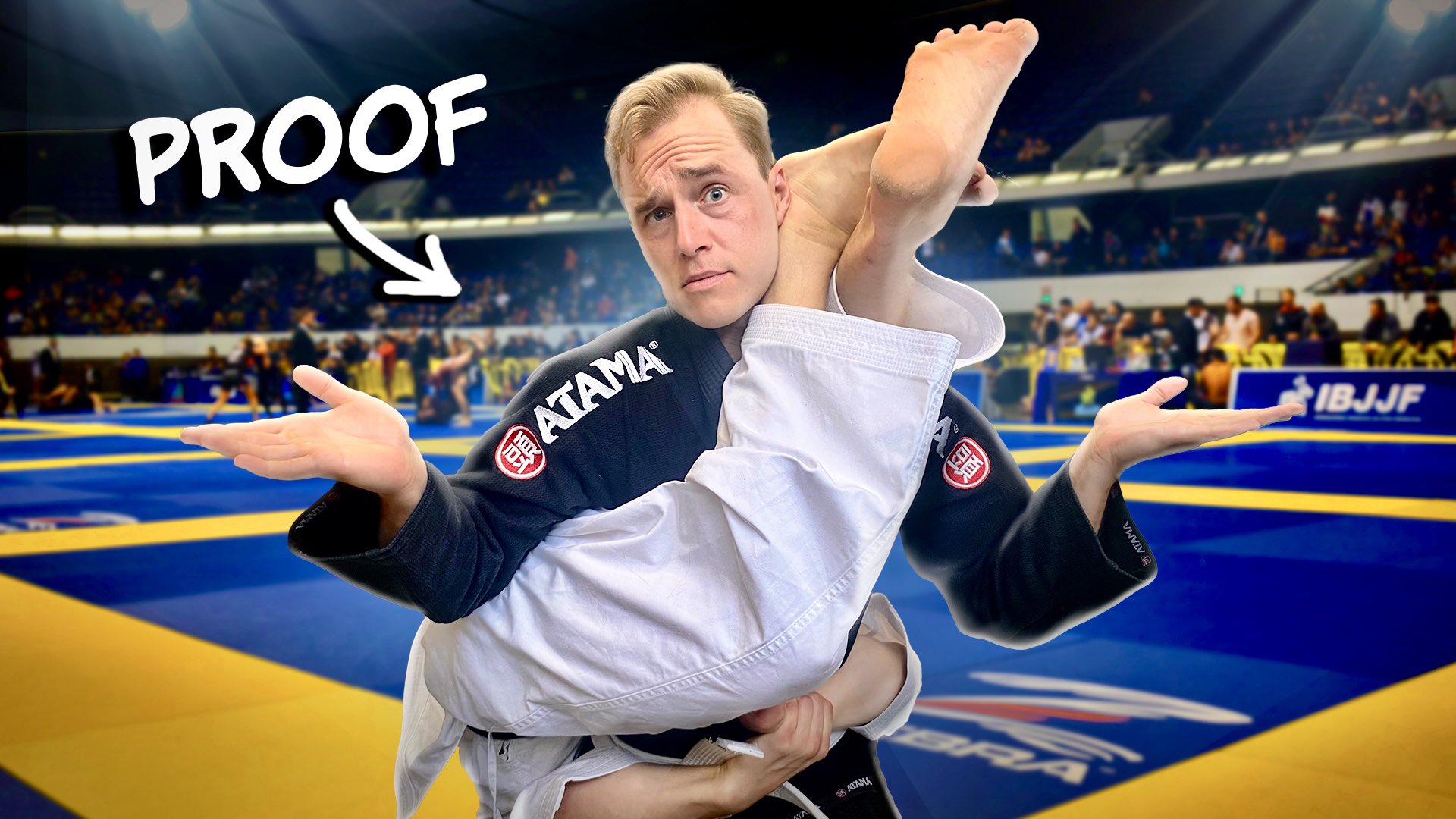
Brazilian Jiu-Jitsu: The Proven Self-Defense Martial Art?
In a world where self-defense is a skill everyone should possess, the debate over which martial art is the most effective rages on. Two prominent combat sports, Brazilian Jiu-Jitsu (BJJ) and Karate, often find themselves at the center of this discussion. Recently, a YouTube video titled “I Entered A BJJ Tournament To Prove It Doesn’t Work” by Jesse Enkamp, also known as “The Karate Nerd,” stirred up quite a buzz. Let’s dive into the world of Brazilian Jiu-Jitsu and explore why it works as a self-defense martial art and why learning it is essential.
The Power of Brazilian Jiu-Jitsu in Real-Life Situations
Understanding Ground Control: Brazilian Jiu-Jitsu sets itself apart by focusing on ground control and submissions. In real-life self-defense scenarios, most altercations end up on the ground. BJJ practitioners learn how to maintain dominance in these situations, ensuring that they can neutralize threats and keep themselves safe.
The Art of Escaping: BJJ excels in teaching practitioners how to escape unfavorable positions. This skill is invaluable in self-defense because it helps you regain control when things go awry. Unlike some other martial arts, BJJ doesn’t rely on brute strength; it emphasizes technique and leverage, making it suitable for people of all ages and sizes.
Adaptability and Practicality: BJJ’s techniques are rooted in real-world effectiveness. Whether it’s escaping from a chokehold, preventing an attacker from mounting you, or applying a joint lock to immobilize an aggressor, these skills are directly applicable to self-defense situations. The practicality of BJJ techniques makes it a go-to choice for those seeking real-world self-defense skills.
The “Karate Nerd” Video: A Misunderstanding?
Jesse Enkamp’s video, in which he entered a BJJ tournament to prove it doesn’t work, appears to misunderstand the purpose of BJJ and its effectiveness. BJJ is not about standing toe-to-toe and trading punches or kicks with an opponent, which is more in line with Karate. Instead, it excels in controlling, immobilizing, and submitting an opponent, often leading to a tap-out or a dominant position.
Enkamp’s experiment may have inadvertently demonstrated that BJJ’s effectiveness lies in its domain—ground combat. To assess BJJ’s worth, one must consider its application in real-life self-defense situations, where many altercations eventually end up on the ground.
The Importance of Learning Brazilian Jiu-Jitsu
So, why is it important to learn Brazilian Jiu-Jitsu?
- Self-Defense: BJJ equips you with practical skills to defend yourself effectively in real-world scenarios, where many fights end up on the ground.
- Physical Fitness: Training in BJJ improves your overall fitness, strength, flexibility, and cardiovascular health, helping you better prepare for any physical altercation.
- Mental Toughness: BJJ challenges your mental resilience as much as your physical abilities, teaching you to stay calm under pressure—a crucial skill in self-defense situations.
- Confidence: Knowing that you can handle yourself in a potentially dangerous situation boosts your confidence and personal security.
In conclusion, Brazilian Jiu-Jitsu is a proven self-defense martial art that shines in real-life situations where ground control, escapes, and practical techniques matter most. While Jesse Enkamp’s video may have sparked some debate, the effectiveness of BJJ as a self-defense tool remains undisputed. Learning BJJ can empower individuals with the skills and confidence they need to protect themselves and their loved ones in an unpredictable world. So, if you’re considering a martial art for self-defense, consider Brazilian Jiu-Jitsu—a martial art grounded in real-world effectiveness.


